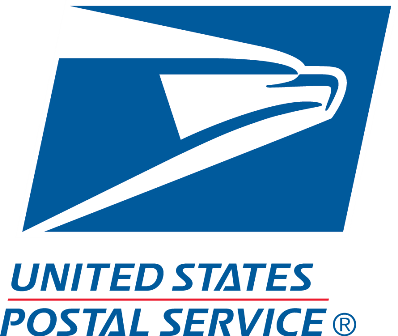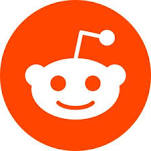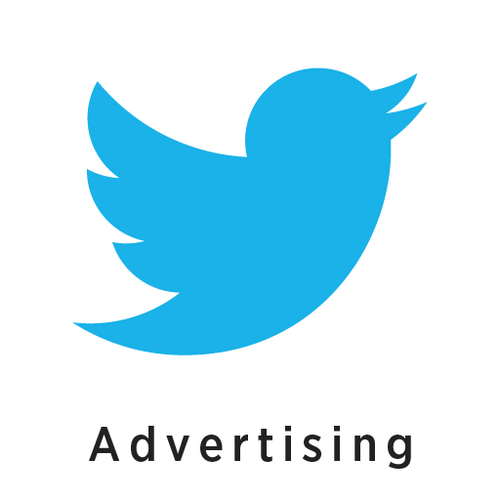How Jonathan Pritchard Went From Magician To Building Businesses
Note: This business is no longer running. It was started in 1983 and ended in 2023. Reason for closure: Shut down.
Hello! Who are you and what business did you start?
Hi there, my name is Jonathan Pritchard, and I describe myself as a multi-preneur as I’ve built several businesses that all weave together. My main source of income is as a business consultant for companies in the $500M revenue range. It’s a business I call Like A Mind Reader where I teach teams how to do what they think is impossible.
It’s built on my background as a world-traveling comedy Mentalist (which is essentially a magician that specializes in mind reading effects). This alone has taken me around the world entertaining the troops, performing in Vegas, on national television, etc.

This is me filming a segment with Penn & Teller “Fool Us”
That led to my speaking business where companies like BP and StateFarm book me to...







































